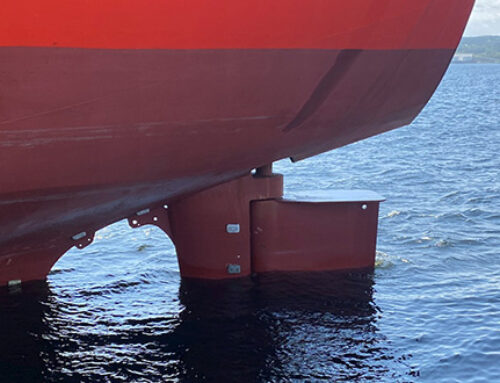Most of us are unaware that there is a whole other world of exotic Christianity, namely, Eastern Orthodoxy, the second-largest Christian communion in the world. Western Christianity is made up of Roman Catholicism and Protestantism, influenced by medieval scholasticism. Eastern Orthodoxy, on the other hand, enjoys its own unique logic and reasoning and never underwent a reformation. Nevertheless, the church universal was split East and West by the filioque controversy in 1054 A.D., known as the Great Schism. The controversy was significant, but there were other issues at play as well. The history and theology are too complex to explore in detail here.
The filioque controversy involved adding the filioque clause, ‘and the Son’, some centuries later, to the Nicene Creed formulated at the Council of Nicaea in 325 A.D. It now reads:
I believe in the Holy Spirit, the Lord, the giver of life,
who proceeds from the Father and the Son.
The council accepted that the Holy Spirit precedes from the Father only. The Western Church eventually added the filioque clause to address later Arianism and expected the Church in the eastern empire to do the same. Arianism was the view that Jesus Christ was created by God and therefore not equal to the Father, but is no longer held in mainstream Christianity. The Eastern Patriarch, Photius I of Constantinople, condemned the filioque clause in 864 A.D. And the Western Church adopted a revised creed with the filioque clause in 1014. This finally led to the Great Schism in 1054 AD.
The controversy seems nuanced and subtle to our ears, and yet it was a big deal back then, and it continues to hinder relations between Eastern and Western Christianity today. Yet, one hears murmurings within Roman Catholicism where this might not be as important as it once was, and in Anglicanism, it has become somewhat relaxed since 1978. Many protestants, however, still consider the filioque clause a significant part of the doctrine of the Trinity—But is it biblical?
Beginning with Jesus’s Baptism, the heavens were opened, and the Holy Spirit descended upon Jesus as a dove, and “a voice from heaven said, ‘This is my beloved Son, with whom I am well pleased.’” (Matthew 3:16-17; Luke 3:21-22). Here it seems that while Jesus baptizes with the Holy Spirit, he proceeds from the Father, not the Son (John 1:32-34).
In John 14:26, Jesus proclaimed that the Father would send the Holy Spirit in his name, and in verse 28, he said that he will be going to the Father and that the Father is greater than he. While the three persons of the Trinity are equal, their functionality is not necessarily so. This might give credence to the idea that the Holy Spirit proceeds only from the Father, and in this way, he is greater than the Son. The Father sent the Son (John 15:21; 16:5; 16:28), and both the Father and the Son send the Holy Spirit (John 14:26; 15:26; 16:7). However, according to John 15:26, the Holy Spirit only proceeds from the Father and not the Son, “But when the Helper comes, whom I will send to you from the Father, the Spirit of truth, who proceeds from the Father, he will bear witness about me.” (emphasis mine).
Revelation 22:1-2 complicates matters! John recounts a vision he saw of ‘the river of the water of life’ which flowed “from the throne of God and of the Lamb.” This is not problematic until we read in John 7:37-39 that rivers of living water are imagery for the Holy Spirit. This may suggest that the Holy Spirit proceeds from both the Father and the Son, even if it’s implicit. But John 7:39 talks of receiving and giving of the Holy Spirit, which relates syntactically more to sending than it does to the procession. While the issue is not entirely resolved, it does seem more proper to say that the Holy Spirit proceeds only from the Father but is sent from both the Father and the Son.
In light of the intertrinitarian relationship, the monarchy of the Father is upheld in this way, along with the Father’s special characteristic of causality, that both the Son and the Holy Spirit have their origin or source from the Father alone. I argue that we should either omit “and the son” as in the original Nicene creedal formulation (I favour this option), or distinguish between procession and sending with parenthesis as follows:
I believe in the Holy Spirit, the Lord, the giver of life,
who proceeds from the Father (and sent from the Son).
One of our SATS students, Rubens Cunha, said it very well when he wrote, “The Spirit comes from the Father but is sent to the disciples at the Son’s request to continue his mission after his departure. He is the Spirit of truth and therefore inseparable from the identity of Jesus himself.”
There are few implications for the average Christian, asides from finding little biblical reason to keep the filioque clause, but such discussions do orientate us to thinking carefully and more intently about the Trinity as we seek to promote Christian unity.
Short Bio: Dr. Robert Falconer ([email protected]) is the Masters and Doctoral Research Coordinator overseeing all aspects of student research at the M.Th. and Ph.D. level.




